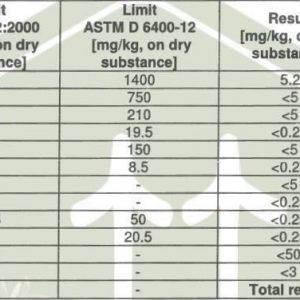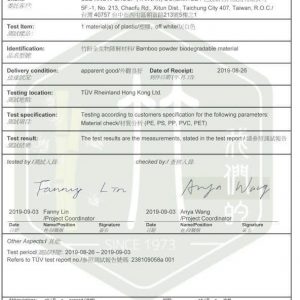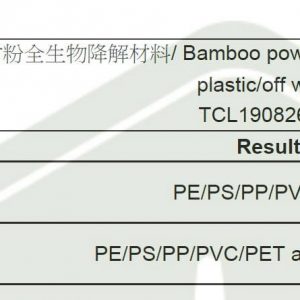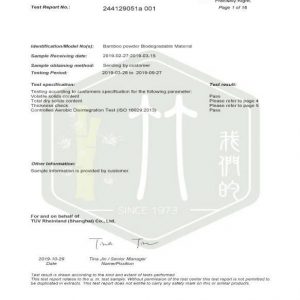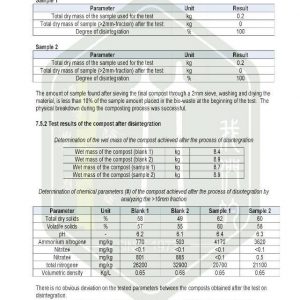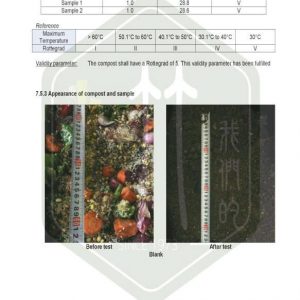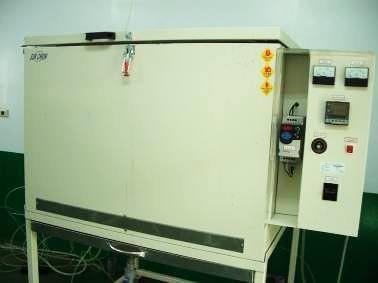Certifications
All our products are free of heavy metals like cadmium, chromium, mercury, arsenic, copper, zinc, nickel, lead, and other heavy metals.
Being completely biodegradable and compostable, our products are naturally free of polyethylene (PE), polypropylene (PP), polystyrene (PS) or polyvinyl chloride (PVC), polyethylene terephthalate.
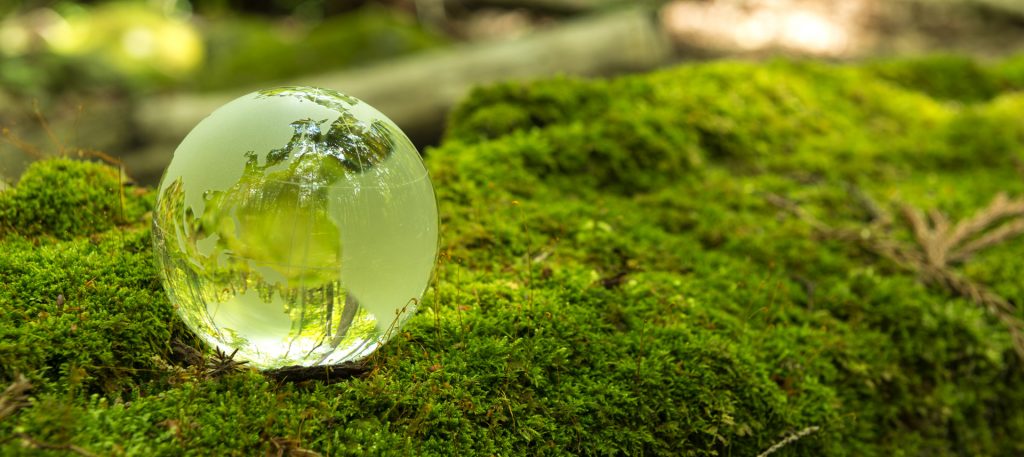
We pride ourselves in having the following certifications that speak for our product quality:
- Third-party certification of TÜV Rheinland stating that our raw materials have no plastic ingredients and no toxic heavy metals.
- SGS inspection stating that our raw materials have no pesticide residues, preservatives, and plasticizers.
- Compatibility with international test standards ASTMD6400 and EN 13432 for compostable materials. This means that the products meet the conditions of 90% decomposition rate in 180 days, 90% disintegration degree in 84 days, no phytotoxicity in composting, and no heavy metals.
- ISO16929 certification
- Cleared OECD 208 toxicity test to assess whether the residue after composting has any effect on plant growth

Disintegration test ISO 16929
- Determine the degree of disintegration according to sample embrittlement and weight loss during sample composting.
- Disintegration >90% (filtered at 2mm screen at the end of the test, sample residual weight <10%)
- Detection time is 84 days
- ※ Residual compost is tested for toxicity by OECD G208



Disintegration test ISO 16929
- The composting process needs to be regularly stirred, mixed,
temperature, pH, moisture content, and gas composition must
be monitored regularly. - Must be carried out after composting
• Chemical analysis (total nitrogen, ammonia nitrogen, nitrite
nitrogen, nitrogen nitrate, water, inorganic nitrogen, pH, etc.)
• Ecological toxicity test - It takes about 12 weeks (84 days) to get a stable compost.
The biological waste composition is as follows:
- New fiber mixed fruit and vegetable waste
- Rabbit feed (seeds and pressed dry vegetable grains)
- Composted compost
- Sufficient water to get good moisture content
- Compatibilizing fillers (such as wood chips or bark)


Toxicity Test (Plant Growth Test) OECD 208
Method: OECD 208
• Assess whether the residue after composting has any effect on plant growth.
Standard:
• The average growth of seedlings was observed without obvious phytotoxic effects.
• At the end of the plant growth experiment, the plant germination rate and biomass
weight (Biomass) are at least 90% (compared to the blank group).








